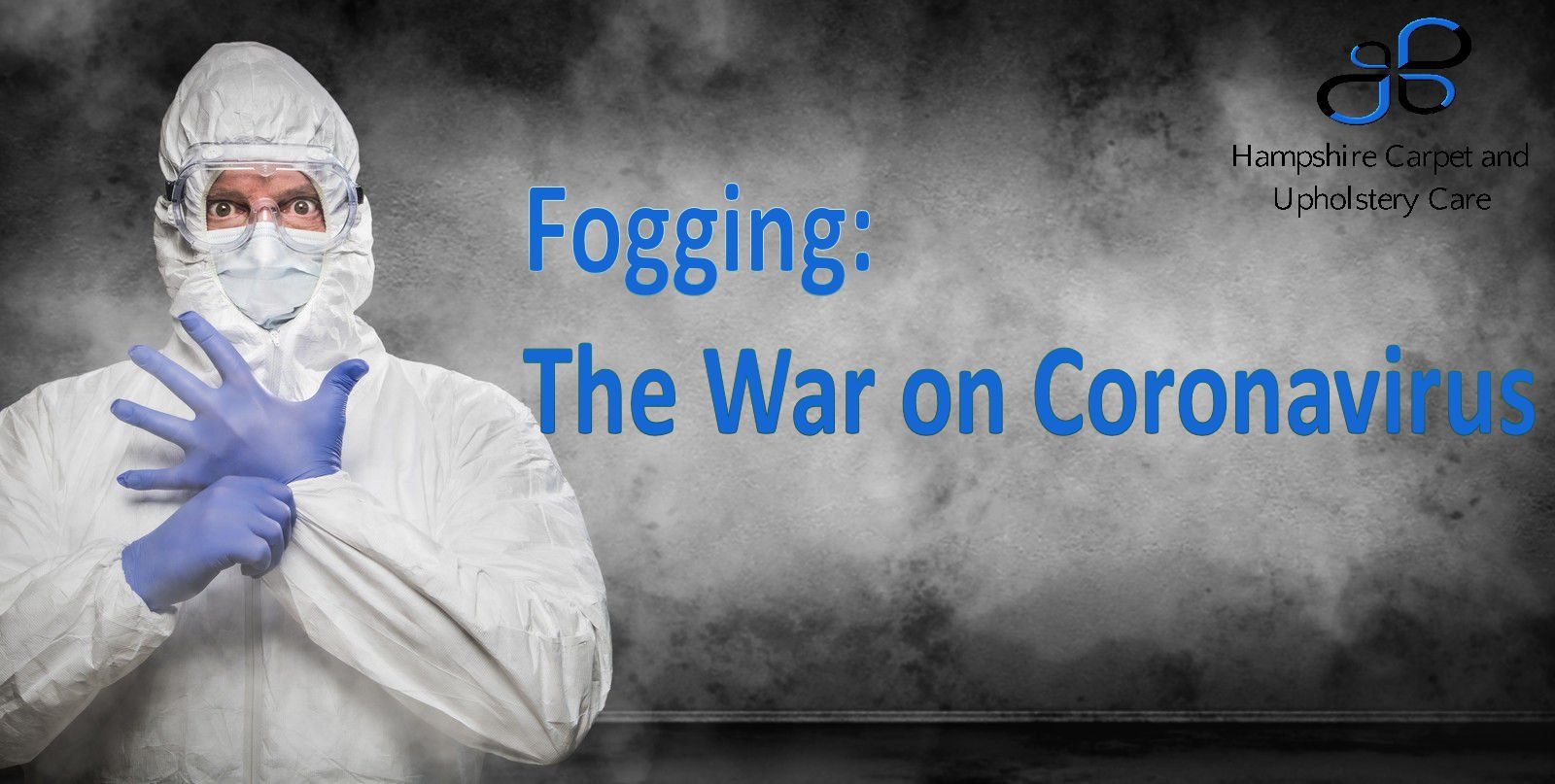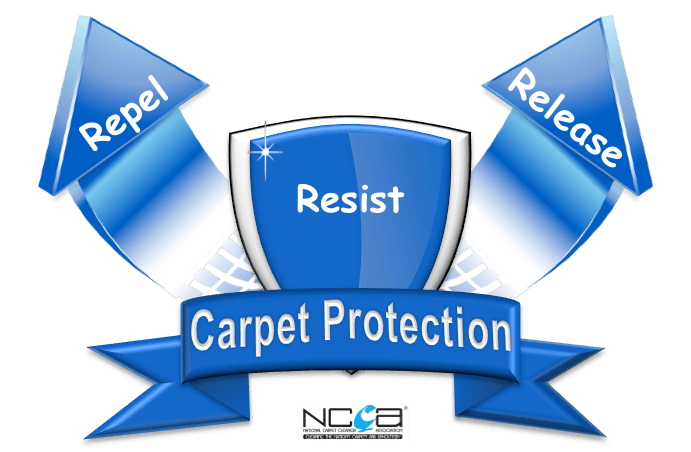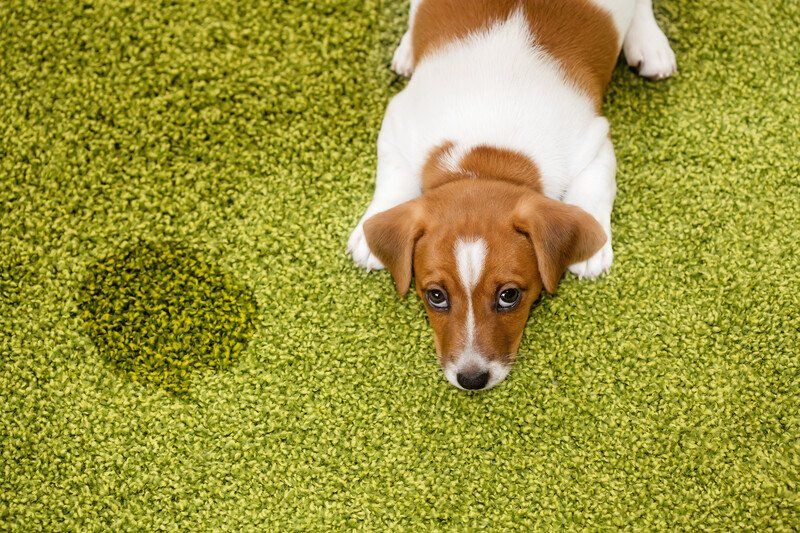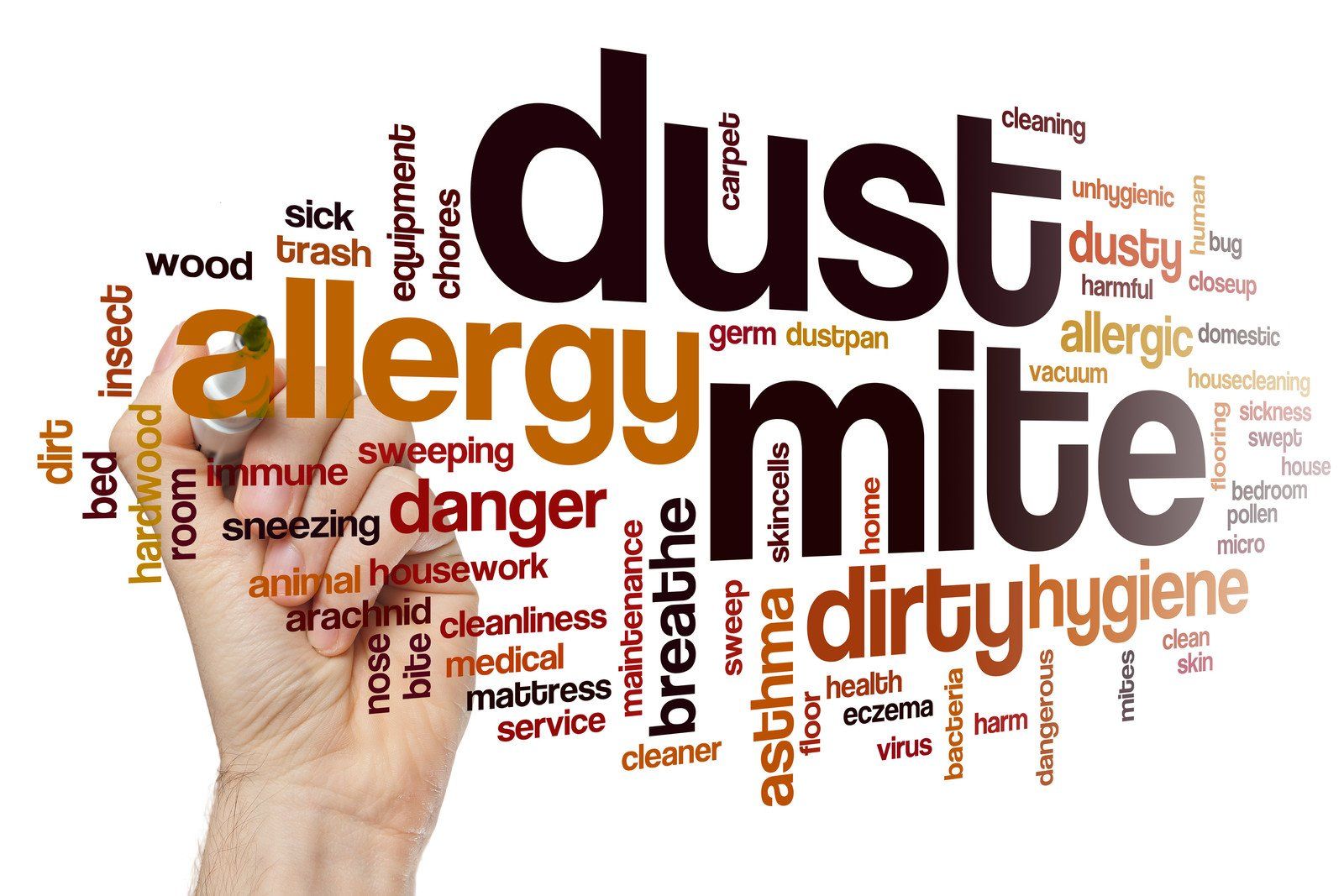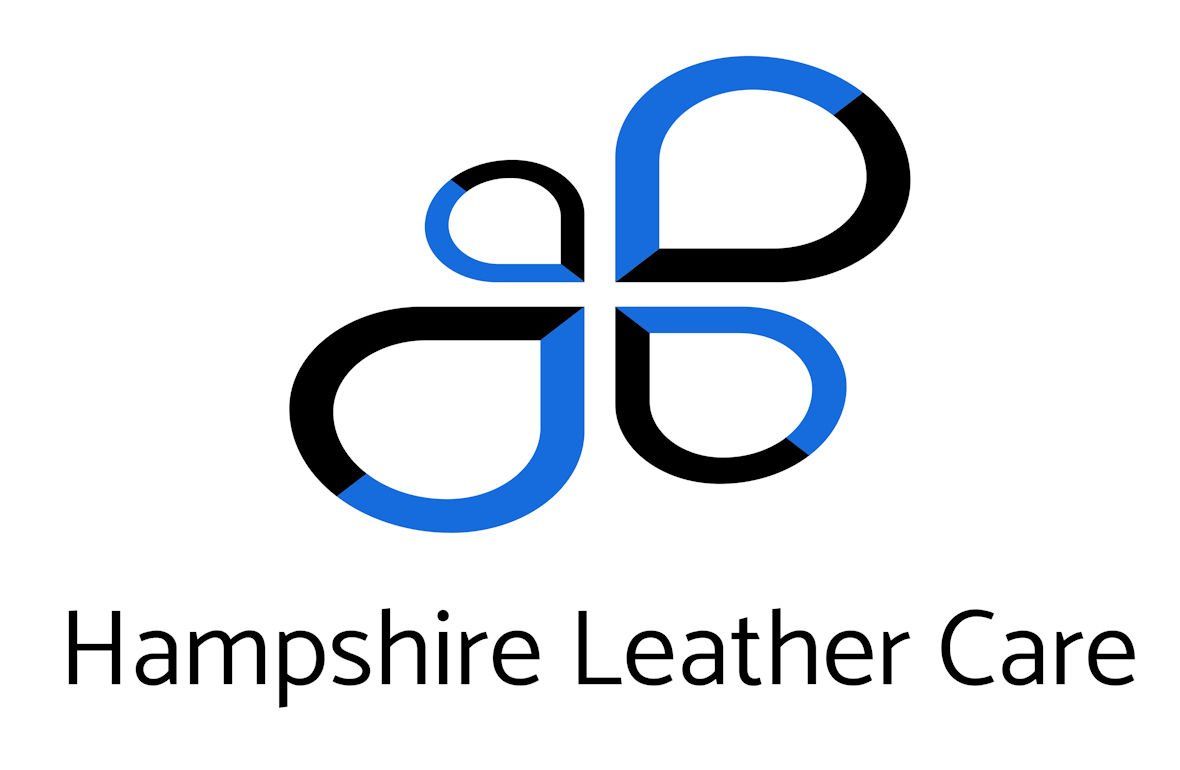A guide to prolonging your rug's life, rug cleaning
Richard Lee-Costello • 7 February 2019
Easy ways to keep your rug looking beautiful, rug cleaning Winchester and Hampshire
Whilst rugs have practical uses such as reducing echoes, adding warmth to the room and adding comfort, they can also be considered works of art used to decorate your home. It is important to keep your rug as clean as possible to keep it looking it’s best and reducing the chances of damage, Hampshire Carpet and Upholstery Care have came up with some great tips to keep your rug looking great:
Here’s what you can do to care for your precious rugs.
- Precisely follow the
manufacturer’s instructions on how to care for the rug.
- Frequently vacuum the rug. Go
over the entire surface, the back, and the floor beneath it. Use a low
setting so that the rug won’t be unnecessarily pulled and the fringes won’t get
caught.
- To ensure that all grime and
dust are removed, you can bring the rug outdoors and shake off the dirt.
- Avoid using commercial cleaning
solutions and chemicals, especially strong ones.
- Get professional carpet and rug
cleaners
to regularly give your rug a deep clean, using the correct cleaning
method for your particular rug.
- Although rugs generally do not
fade easily, continual exposure to strong sunlight can weaken the quality and
colour of your rug over time. Keep them away from direct sunlight or use
coverings on your windows like drapes or blinds.
- The rug will eventually show
some wear so turn your rug every few months to make the wear patterns equal on
all sides.
- Straighten out folds, curls or
ripples as these can cause premature wear.
- Rug pads or cushions are
recommended to protect the rug from the floor. They also make the rug feel more
comfortable and help prevent the rug from slipping and sliding.
- When storing the rug, wrap it
with protective plastic, keep it in a clean, dry area and away from the floor.
- Treating stains, any method you
use to remove stains depends on the type of stain. Pre-test the cleaning
solution first on an inconspicuous area of the rug. If you want to avoid
risking your rug, it would be better to consult professional cleaners
immediately after accidents or spills.
- Faithfully follow these tips
and your beautiful rug will stand the test of time. one of our many services include Rug Cleaning Winchester
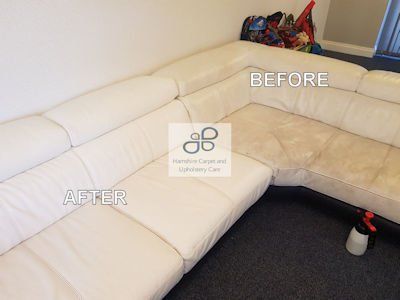
Leather is not just comfortable; it is beautiful too! Investments in quality leather furniture will give you plenty of years of service last several times longer than faux leather, leather is a thick natural skin which is durable and in the case of pigmented leather resistant to spills which can easily be cleaned up. Over time protective layers will reduce and these will need replenishing as with aniline leather which is very absorbent, will soak up any spill and oils from ourselves, pigmented leather will stain more easily if the layer of protection has gone. To help maintain the splendour of your leather sofa it is essential that it receives regular maintenance and a periodic professional leather clean service. During times where the furniture is not being used it is always best to cover with a light sheet (avoid strong colours as these may transfer to the leather and will need restoring). Hampshire Leather Care has come up with a simple to follow maintenance programme: Step 1 - Vacuum Cleaning Using a soft brush extension as leather can scratch easily when soft and supple, regularly vacuum to remove any debris, crumbs or dirt focusing on visible debris between the cushions and down the sides. Step 2 – Damp Cloth Wipe Using water only, dampen a soft cloth or sponge and carefully wipe down your leather furniture to remove soils which can not be vacuumed away, do not use baby wipes or other cleaning wipes as the chemicals on these may break down protection layers, remove colour, and dry out your leather. Be careful not to over wet as excessive water may soak in especially if not pigmented. Step 4 - Drying Your Furniture Leather should be left to dry naturally and shouldn’t take too long at room temperature so long as it has not been over wet. By opening a window, this will help your chair or sofa dry faster and prevent marks and stains. Step 5 - Conditioning Your Leather Once clean and dry you can condition the leather for longer lasting protection. Conditioning it will help keep the material soft and sumptuous for longer. High quality conditioners would be recommended for this. Depending on the conditioner used, follow the instructions provided but typically apply gently with a cloth, leaving a slight gloss and allow it to settle. We’d recommend using a conditioner once a month to really keep your furniture luscious. Poorly maintained Leather sofas, or well aged sofas such as chesterfield leather sofa need professional restoration services to restore colour and bring back its natural suppleness. Leather colour restoration can be used to make sofas a whole new colour and/or restore the two tone which may have rubbed off. Scratches from pets on leather can be repaired also, along with ink, grease, scuffs and denim dye. For a range of professional leather cleaning services, please see Leather Cleaning and Restoration Southampton .
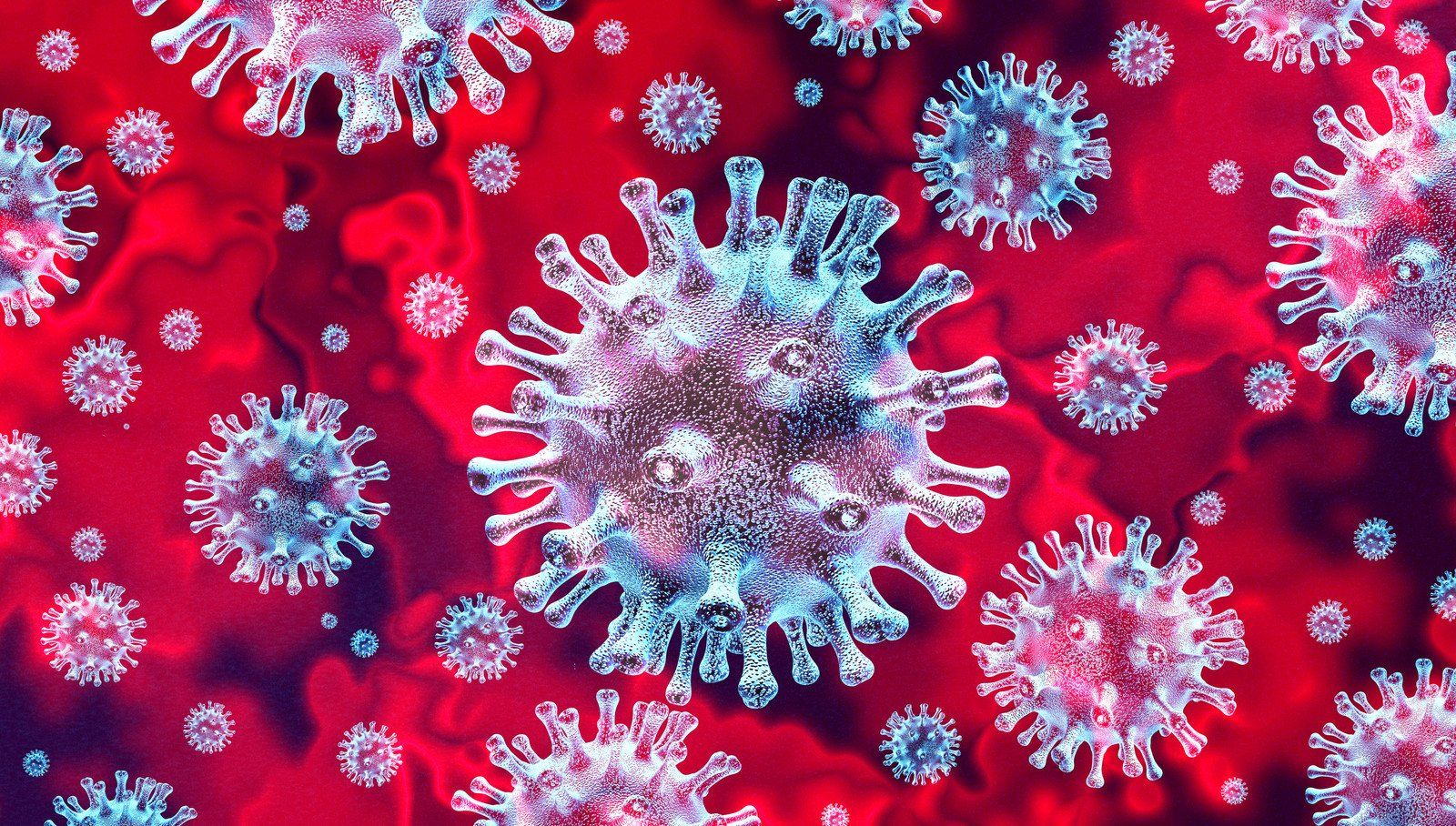
Wash your hands often: Until your hands are washed it is important to try not to touch any part of your face Using soap, wash your hands for at least 20 seconds, if you are unable to wash your hands use a hand sanitiser which contains at least 60% alcohol covering whole of hand and rub together until dry. You should do this as soon as you can after sneezing, blowing your nose, coughing and being in a public place. Cover coughs and sneezes: Cover your mouth and nose with a tissue when you cough or sneeze or use the inside of your elbow. Throw used tissues in the bin and wash hands as above. Avoid close contact Avoid close contact with people who are sick Put distance between yourself and other people if COVID-19 is spreading in your community. This is especially important for people who are at higher risk of getting very sick. Stay home if you’re sick: Stay at home if you have coronavirus symptoms Stay at home for 7 days if you have either: a high temperature – you feel hot to touch on your chest or back a new, continuous cough – this means you've started coughing repeatedly Do not go to a GP surgery, pharmacy or hospital. You do not need to contact 111 to tell them you're staying at home. Testing for coronavirus is not needed if you're staying at home. Clean and disinfect: Clean AND disinfect frequently touched surfaces daily. This includes tables, doorknobs, light switches, countertops, handles, desks, phones, keyboards, toilets and sinks. If surfaces are dirty, clean them: Use detergent or soap and water prior to disinfection. More info can be found at: https://www.nhs.uk/conditions/coronavirus-covid-19/common-questions/ How to clean and disinfect your home / workplace: According to www.cdc.gov you should use disinfectants appropriate for the surface. Options include: Diluting your household bleach. To make a bleach solution, mix: 5 tablespoons (1/3rd cup) bleach per gallon of water OR 4 teaspoons bleach per quart of water Follow manufacturer’s instructions for application and proper ventilation. Check to ensure the product is not past its expiration date. Never mix household bleach with ammonia or any other cleanser. Unexpired household bleach will be effective against coronaviruses when properly diluted. Alternatively use Alcohol solutions e nsuring solution has at least 70% alcohol. The problem with using bleach is you cannot use it on most carpets and upholstery for example, also it is corrosive against certain surfaces, can cause respiratory problems of its own, only has a kill log of 5 and is not that residual. Hampshire Carpet and Upholstery Care offer a Sanitising Service inc. Coronavirus /Covid-19 Deep Clean in Southampton, Winchester, Fareham, Eastleigh, Portsmouth and all surrounding areas . Our Deep Clean / Sanitising service is recommended for prevention in residential and commercial properties. The product we use lasts! This is the jewel in the crown, patented technology allows for extended kill capacity weeks, months years! Our treatment is tolerant of soil, hard water, etc, is non-toxic and non-corrosive meaning it is safe to use anywhere. Heat, Sunlight or Travel distress has no effect on the product. You can protect your whole home, just one room if you have a baby etc. Whilst there is no proven kill for covid-19 as sample strands are all being used in the search for a vaccine, an Antimicrobial with a kill log-6 is being used by professionals to sanitise infected areas as this is what is expected to be able to kill the virus. Where bleach only has a kill log-5 (https://www.cdc.gov/infectioncontrol/guidelines/disinfection/disinfection-methods/chemical.html) , our treatment falls into the kill log-6 spectrum which is effective for political micro control of A/H1N1 swine flu , Mycobaclerium, Tuberculosis, MRSA, Medical Waste Treatment, Feline Calicivirus (Human Norovirus surrogate), Feline Coronavirus (SARA surrogate), enveloped and non-enveloped virus, HIV and C.difficile, Paeruginosa, E.coli, S.aureus, Enterococcus hirae, Bacillus suttilis, C.difficile, Aspergillus niger, Listeria, Salmonella, Legionella pneumophila. Our 429 service can be delivered by fogging which is a cloud of liquid in air. The droplets of atomised liquid in the airborne fog are very small, for this reason they can penetrate deep into structures and surfaces having improved performance of the product enhancing the outcome of the task. What the IICRC Say 'Regardless of what chemicals may be able to destroy the Novel Coronavirus, most efficacy tests are done in clinical environments and not tested “in field” meaning that the real world application and efficacy may not achieve the same results. As such, it is critical to remember that most antimicrobial products (disinfectants) are not going to achieve the desired results when applied to soiled surfaces, soft furnishings, etc. Even surfaces that appear visibly clean must be cleaned thoroughly prior to application of chemicals. The fact is that proper cleaning of surfaces is much like washing of hands and offers more protection than application of hand sanitiser as it actually removes the contamination rather than trying to “kill” or destroy it.'




